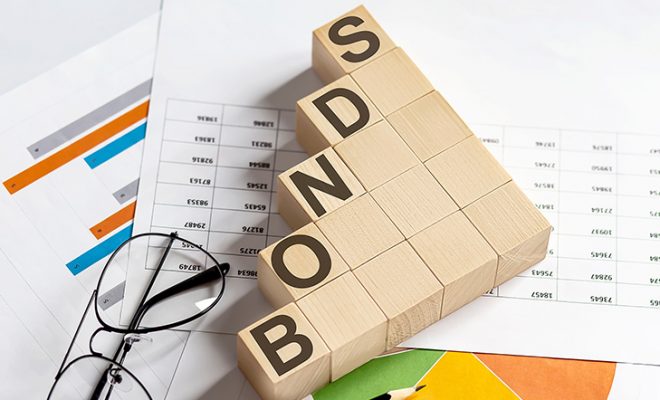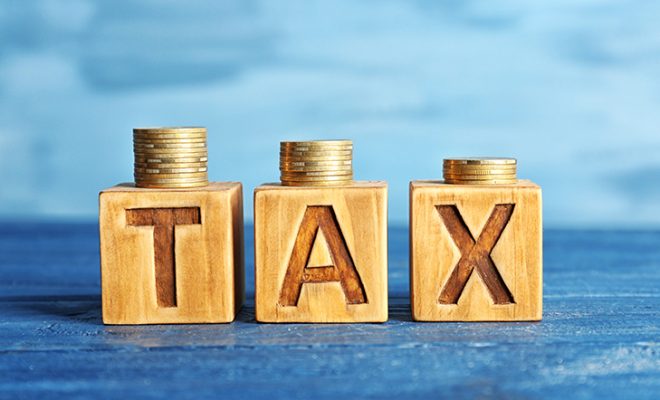Will I Have to Pay Taxes During Retirement?

Retirement might offer you a relaxed life with little or no stress from work but it certainly does not allow you freedom from taxes. You are liable to pay taxes even after you stop working. Your tax liability during those specific years depends on your retirement income sources, the state you live in, as well as withdrawals from your savings and investment accounts each year. Moreover, if you are employed in any capacity after retirement or own a rentable property, etc. your taxes will differ by wide margins. The leftover amount after the deduction of all taxes would be your net retirement savings.
So, if you are planning for retirement or currently living the golden years of your life, you must keep in mind the following aspects to know how much tax you are liable to pay during this phase:
- Social Security benefits
during retirement, your only revenue is from Social Security benefits, you will not be liable to pay any taxes because your total earnings will be well below the minimum taxable income. However, in case you have other revenue streams like an IRA (Individual Retirement Account) or a pension plan, alongside Social Security benefits, you will pay tax according to the level of income you earn. In the latter scenario, a part of your Social Security withdrawals will attract a tax charge. The total liability will depend on your income and that of your spouse’s.
In addition, your tax filing status (married filing separately, married filing jointly, single, etc.) will have an impact on this. The rules are strict if you are married and filing tax returns separately. The IRS (Internal Revenue Service) worksheet allows you to determine how much of your Social Security benefits are taxable. Generally, the higher your proceeds, the more tax you pay on these benefits. On average, a retiree with a high pension can expect to pay taxes on 85% of their Social Security benefits. The tax rate usually varies between 15% and 45%. That said, many states in the U.S. do not levy any taxes on Social Security benefits, like in Texas and Florida. Among the other states that do have taxes on this income, several of them offer deductions, credits, or limits to offset your tax burden. Hence, it would be wise to plan well so you can minimize or evade taxes on your Social Security withdrawals. - Pension
Generally, most of your earnings from your pension, including annuities come under the purview of taxable income. This is because pension schemes comprise pre-tax funds, which implies that the entire sum is taxable each year when filing your tax returns. The rate of tax is similar to your applicable federal income tax. That said, if your pension amount includes after-tax dollars, you will pay tax on a part of your pension, while the other portion would be tax-free.
In the case of lump-sum withdrawals of pension money, you will be liable to pay the whole tax when you withdraw money. If you shift your pension funds into an IRA, you will be able to defer your liability until you start taking out the money. Besides, you can verify the various state tax rules on pensions in the U.S. Some states do not levy any tax on pension payments, unlike others that do. So, if you move your residence to a no-pension tax state like Florida, your previous state (say Minnesota) cannot tax your pension money, even if it was formerly earned in the state. - Retirement savings accounts
Accounts like an IRA, 401(k) account, 403(b) plans, and 457 plans are essentially tax-deferred tools. However, you will pay for the gains from these accounts at ordinary income tax rates (instead of long-term capital gains tax rates) upon withdrawal of money. The total tax amount depends on the overall earnings, applicable deductions, and valid tax bracket. That said, you will not pay any taxes for your savings, receipts, or withdrawals from a Roth IRA or a Roth 401(k) account, provided the withdrawal criteria meets specifications of the IRS. Moreover, you must hold these accounts for at least five years before becoming eligible for tax-free provisions. In terms of state tax laws, nearly 22 U.S. states offer no deductions or exemptions on withdrawals from retirement savings accounts like an IRA or a 401(k) account. So, to evade taxes on these accounts, it is advisable to choose an option like a Roth IRA or a Roth 401(k) account. - Annuities
You can buy annuities in two ways. First, you can employ your after-tax dollars directly and buy an annuity for a regular income stream during retirement. Second, you could use your retirement accounts or an IRA to acquire an annuity. In the first situation, your tax liability will depend on the type of annuity – fixed, variable, or immediate. In the case of an immediate annuity, a part of the annuity payment is considered as the return on principal, and the other as interest. In such a situation, only the interest portion is taxable earning. Alternatively, for variable or fixed annuities, the amount you withdraw is regarded as profit or gain. Hence, it is fully taxable. However, when the profits are over, and the new withdrawals are made from original annuity contributions, you will not pay any tax on that particular sum. That said, in other scenarios if your annuity is associated with your retirement account, your taxes on annuity payments or withdrawals will be similar to the rules of an IRA. - Profits from investments
Gains from investments are fully taxable before and after retirement. So, all your dividends, capital gains, mutual fund earnings, accrued interests, etc. will attract similar tax rates as they did before retirement. That said, in case you have long-term or short-term capital gains, but your other sources of income are considerably low, you might qualify for a 0% capital gain tax rate. For 2018-2025, married and single tax filers can avail the 0% tax rate on capital gains, provided their taxable income is up to $78,750 or $39,375, respectively. Alternatively, if you have stocks or mutual funds not associated with your retirement accounts, you can consult tax professionals for wise strategies to realize capital gains or harvest losses. In all this, you must note that not all credits from investments are taxable. As in if you own a bank cash deposit and receive a specific amount on maturity inclusive of interest, then you would only be paying taxes on the additional revenue received and not on the entire maturity amount. - Sale of property
For house property that you occupy, you will not pay any tax on the gains from its sale, provided you have lived in the same house for at least two years of the preceding five years. However, if your profits exceed $250,000, when single or $500,000, when married, you would be under the tax purview. Duties on properties, especially rental ones, can get quite complicated. Thus, it is advisable to consult a professional tax planner in this regard.
To sum it up
In a nutshell, your tax liabilities might change but they certainly do not fade away after retirement. Hence, it is best if you understand the components of your taxable income, profits, investments, etc. and work with a Professional Financial Advisors to minimize your burden and save efficiently for your golden years.










